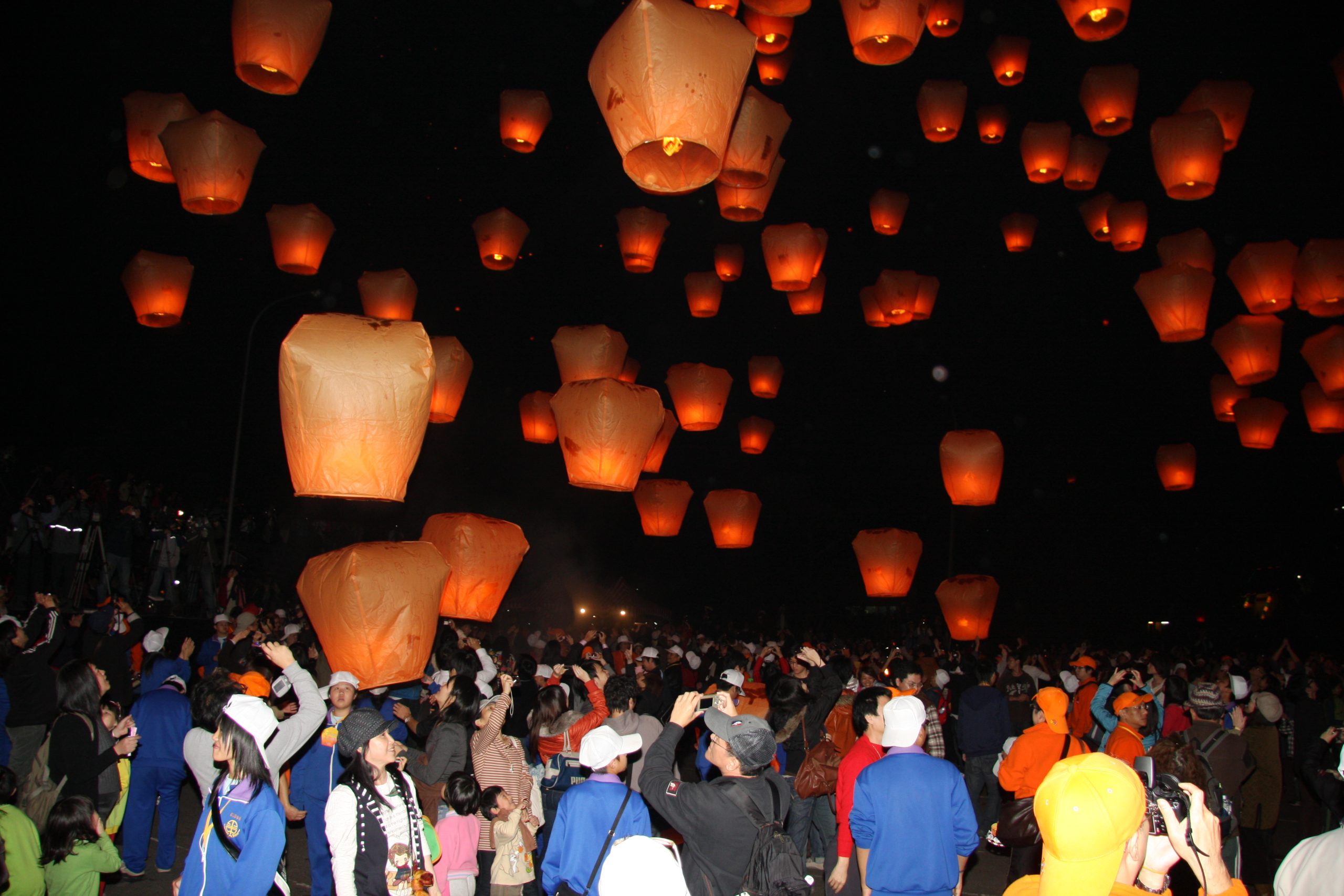nagoyasuzukiamerica.com – Taiwan, an island rich in cultural diversity, has been significantly influenced by Chinese culture due to historical migrations and political ties. This blend of cultures has shaped Taiwan’s traditions, creating a unique cultural tapestry that is both distinct and deeply rooted in Chinese heritage. In this article, we’ll explore how Chinese culture has influenced various aspects of Taiwanese traditions.
Historical Context: The Roots of Cultural Exchange
The cultural connection between Taiwan and China dates back several centuries. Chinese immigrants from Fujian and Guangdong provinces began settling in Taiwan during the Ming and Qing dynasties. These early settlers brought with them their customs, language, and beliefs, which laid the foundation for the cultural exchange that continues to this day.
Language and Literature: A Shared Linguistic Heritage
Mandarin Chinese is the official language of Taiwan, reflecting the linguistic influence of China. Additionally, the Hoklo and Hakka dialects, spoken by many Taiwanese, have their origins in China. This shared linguistic heritage is also evident in Taiwanese literature, which often draws upon Chinese literary traditions and themes, thereby enriching Taiwan’s literary landscape.
Religion and Philosophy: Spiritual and Ethical Influences
Chinese culture has had a profound impact on religious and philosophical practices in Taiwan. Confucianism, with its emphasis on family values, respect for elders, and social harmony, is deeply ingrained in Taiwanese society. Buddhism and Taoism, both of which originated in China, are widely practiced in Taiwan, and their temples and rituals play a significant role in the spiritual life of the island.
Festivals and Celebrations: A Fusion of Traditions
Taiwanese festivals often reflect a blend of Chinese traditions with local adaptations. The Lunar New Year, Dragon Boat Festival, and Mid-Autumn Festival are celebrated with great enthusiasm in Taiwan, incorporating traditional Chinese customs such as dragon and lion dances, lantern displays, and mooncake sharing. These festivals serve as a testament to the enduring influence of Chinese culture on Taiwanese celebrations.
Art and Architecture: Aesthetic Inspirations
Chinese artistic styles and architectural designs have significantly influenced Taiwanese art and architecture. Traditional Chinese painting, calligraphy, and pottery are prominent in Taiwan’s art scene. Architectural elements such as the curved roofs and intricate carvings of temples and historical buildings showcase the aesthetic impact of Chinese design principles.
Cuisine: A Taste of Chinese Flavors
Taiwanese cuisine is a delightful fusion of flavors, many of which are inspired by Chinese culinary traditions. Dishes like beef noodle soup, dumplings, and braised pork rice have their roots in Chinese cooking. However, Taiwanese cuisine also incorporates local ingredients and flavors, creating a unique gastronomic experience that reflects its cultural diversity.
Conclusion: A Cultural Mosaic
The influence of Chinese culture on Taiwanese traditions is deep and multifaceted, touching every aspect of life on the island. While Taiwan has developed its own distinct identity, the historical and cultural connections with China remain evident. This blend of influences has created a rich cultural mosaic, making Taiwan a vibrant and dynamic society that celebrates its heritage while embracing modernity.
